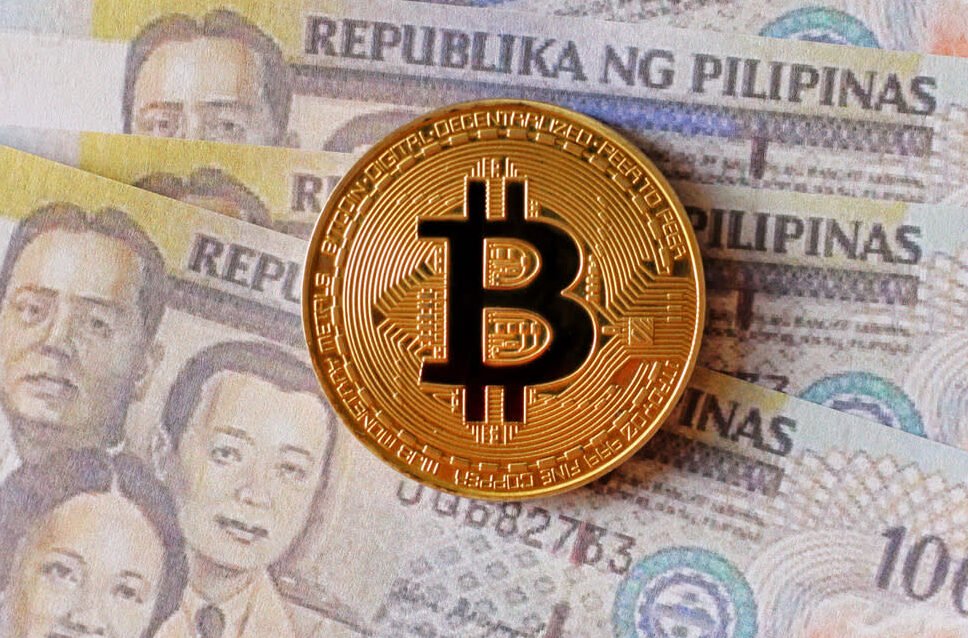Vietnam legalizes cryptocurrency has taken a groundbreaking step in Southeast Asia’s digital economy by passing comprehensive legislation that legalises Bitcoin and cryptocurrency assets. The Law on Digital Technology Industry, approved on June 14, 2025, will take effect on January 1, 2026, marking a pivotal moment for Vietnam’s financial landscape and positioning the nation as a forward-thinking leader in blockchain technology adoption.
Historic Milestone in Vietnam’s Digital Transformation
This legislation makes Vietnam the first Southeast Asian nation to enact standalone digital technology legislation, demonstrating the country’s commitment to embracing digital innovation while establishing clear regulatory frameworks. The new law represents a significant departure from Vietnam’s previously restrictive stance on cryptocurrencies, signalling a strategic shift toward comprehensive digital asset regulation.
The Vietnamese National Assembly’s approval of this landmark legislation comes at a crucial time when global economies are grappling with the integration of digital assets into traditional financial systems. Vietnam’s proactive approach positions the country to capitalise on the growing cryptocurrency market while ensuring consumer protection and regulatory compliance.
Understanding Vietnam’s Digital Asset Classification System
The law classifies digital assets into two distinct categories: virtual assets and crypto assets. This classification system creates a clear regulatory framework that distinguishes between different types of digital assets while ensuring comprehensive oversight. Importantly, these assets are not referred to as securities, digital currencies, or other conventional financial assets, which provides greater flexibility in their regulatory treatment.
The distinction between virtual assets and crypto assets allows Vietnamese authorities to apply appropriate regulatory measures based on the specific characteristics and use cases of each asset type. This nuanced approach demonstrates Vietnam’s sophisticated understanding of the digital asset ecosystem and its commitment to creating a balanced regulatory environment.
The Vietnamese government is now tasked with developing detailed business conditions, classifications, and oversight mechanisms for these asset categories. This regulatory framework will provide clarity for businesses, investors, and cryptocurrency enthusiasts operating within Vietnam’s borders.
Cybersecurity and Anti-Money Laundering Compliance
Vietnam’s new cryptocurrency legislation places significant emphasis on cybersecurity measures and anti-money laundering (AML) safeguards. The law mandates cybersecurity and Anti-Money Laundering safeguards aligned with international norms, addressing concerns from international regulatory bodies and demonstrating Vietnam’s commitment to global compliance standards.

This focus on AML compliance is particularly significant given Vietnam’s current status on the Financial Action Task Force (FATF) grey list since 2023. The implementation of robust anti-money laundering measures within the cryptocurrency framework represents a strategic effort to improve Vietnam’s international standing and regulatory credibility.
The cybersecurity provisions ensure that cryptocurrency exchanges, wallet providers, and other digital asset service providers maintain high security standards to protect user funds and personal information. These measures are essential for building trust in Vietnam’s emerging cryptocurrency ecosystem and preventing the types of security breaches that have plagued other jurisdictions.
Vietnam’s Broader Digital Technology Ambitions
Beyond cryptocurrency legalisation, Vietnam’s Law on Digital Technology Industry encompasses a comprehensive vision for the country’s digital transformation. The legislation introduces extensive incentives for enterprises working in artificial intelligence, semiconductors, and the development of digital infrastructure. These incentives include tax breaks, land-use benefits, and research and development support, particularly for companies building core technologies such as chip design and AI data centres.
Regional governments across Vietnam are directed to support workforce development through subsidies and training programs, while education policies will integrate digital technology skills into national curricula. This holistic approach ensures that Vietnam’s digital transformation extends beyond cryptocurrency adoption to encompass broader technological advancement.
The Vietnamese government’s commitment to becoming a global technology hub is evident in the comprehensive nature of this legislation. By combining cryptocurrency legalisation with broader digital technology incentives, Vietnam is positioning itself as an attractive destination for technology companies and blockchain startups.
Economic Impact and Market Implications
Vietnam’s crypto sector shows remarkable growth metrics, with $16 billion in crypto remittances processed in 2024 and an 83% year-over-year increase in blockchain developer jobs. These statistics underscore the substantial economic potential of Vietnam’s cryptocurrency market and the job creation opportunities that accompany the adoption of blockchain technology.

The legalization of cryptocurrency assets is expected to attract foreign investment, stimulate innovation, and create new revenue streams for the Vietnamese economy. Local and international cryptocurrency exchanges are likely to establish operations in Vietnam, bringing additional economic activity and employment opportunities.
The clear regulatory framework will also enable Vietnamese businesses to integrate cryptocurrency payments and blockchain technologies into their operations with greater confidence. This integration can improve efficiency, reduce transaction costs, and open new markets for Vietnamese companies.
Implementation Timeline and Industry Preparation
The law’s implementation date of January 1, 2026, offers a clear timeline for stakeholders to adapt to the new legal landscape, fostering confidence among investors and developers alike. This eighteen-month preparation period allows cryptocurrency businesses, financial institutions, and government agencies to develop the necessary infrastructure and compliance mechanisms.
During this transition period, the Vietnamese government will work on developing detailed regulations, licensing procedures, and oversight mechanisms for cryptocurrency businesses. Industry stakeholders can use this time to ensure their operations comply with the new legal requirements and take advantage of the opportunities presented by the regulatory clarity.
The extended implementation timeline also allows for public consultation and refinement of the regulatory framework based on industry feedback and international best practices. This collaborative approach increases the likelihood of successful implementation and industry adoption.
International Context and Regional Leadership
Vietnam’s cryptocurrency legalization places the country at the forefront of digital asset regulation in Southeast Asia. While other regional economies have taken cautious approaches to cryptocurrency regulation, Vietnam’s comprehensive legislation demonstrates confidence in the technology’s potential and a commitment to regulatory innovation.
This leadership position could attract cryptocurrency businesses currently operating in jurisdictions with unclear or restrictive regulatory environments. Vietnam’s combination of clear regulations, economic incentives, and strategic location makes it an attractive hub for cryptocurrency and blockchain companies seeking to serve the Southeast Asian market.
The success of Vietnam’s cryptocurrency regulatory framework could influence other countries in the region to adopt similar approaches, potentially creating a more favorable regulatory environment for digital assets across Southeast Asia.
Addressing Past Cryptocurrency Challenges
Vietnam’s decision to legalize cryptocurrency comes despite previous challenges with cryptocurrency-related fraud and scams. Vietnamese police have recently cracked down on fraudulent cryptocurrency operations, including the BitMiner fake mining platform scam that defrauded victims of over $157,300 and the Million Smiles scheme that resulted in losses of $1.17 million.
These enforcement actions demonstrate Vietnam’s commitment to protecting consumers while embracing legitimate cryptocurrency activities. The new regulatory framework will help distinguish between legitimate cryptocurrency businesses and fraudulent operations, providing clearer guidance for law enforcement and greater protection for consumers.
The combination of legalization and continued enforcement against fraudulent activities creates a balanced approach that encourages innovation while maintaining consumer protection and market integrity.
Future Outlook and Strategic Positioning
Vietnam’s cryptocurrency legalization represents more than just regulatory change; it signals the country’s strategic positioning for the digital economy’s future. The comprehensive approach taken in the Law on Digital Technology Industry demonstrates Vietnam’s understanding that cryptocurrency is part of a broader technological transformation that includes artificial intelligence, blockchain applications, and digital infrastructure development.
The success of this legislation will likely depend on effective implementation, ongoing international cooperation, and the development of a robust ecosystem of legitimate cryptocurrency businesses. Vietnam’s commitment to international compliance standards and comprehensive regulatory oversight provides a strong foundation for this success.
As global adoption of cryptocurrency and blockchain technology continues to accelerate, Vietnam’s early and comprehensive approach to regulation positions the country to capture significant economic benefits while maintaining appropriate oversight and consumer protection.


